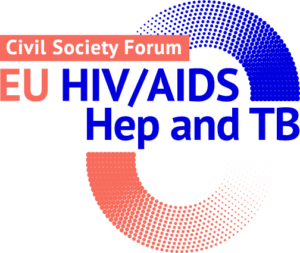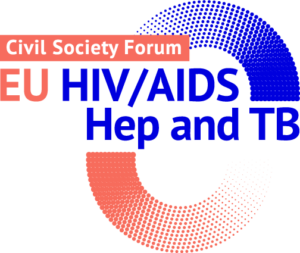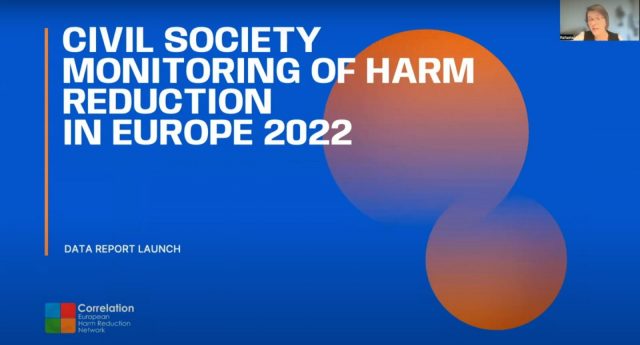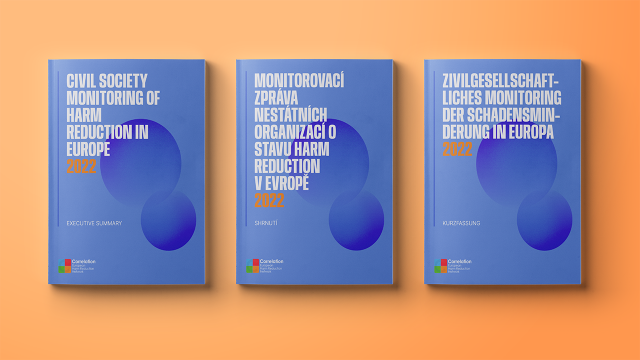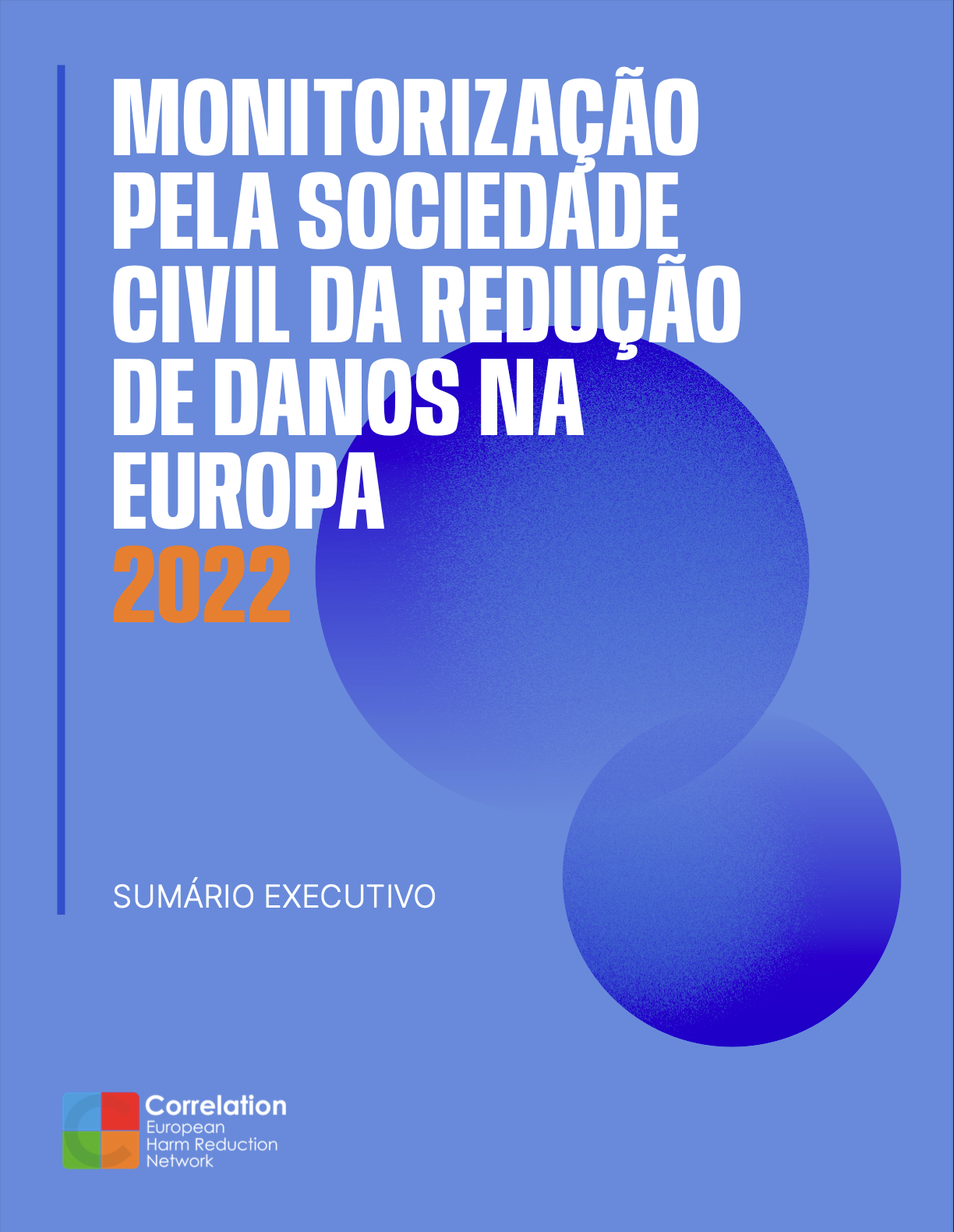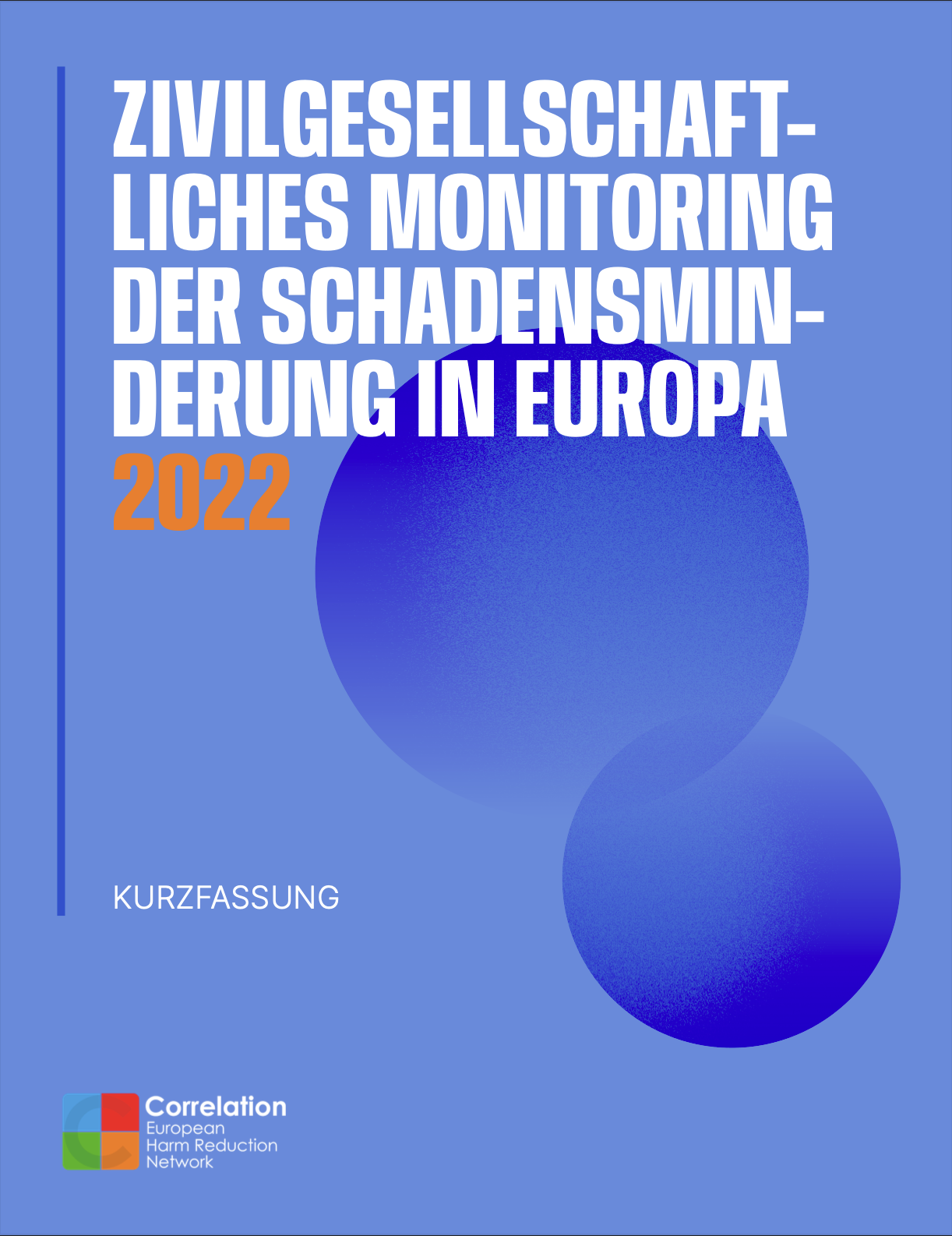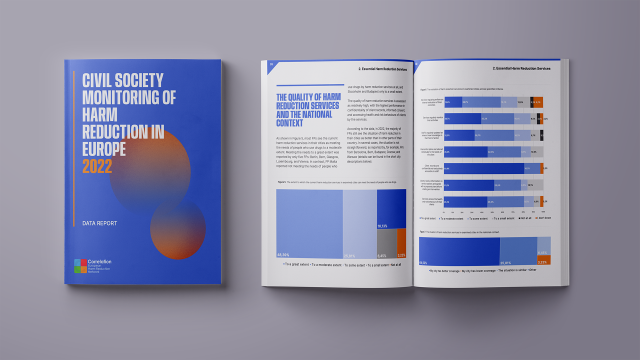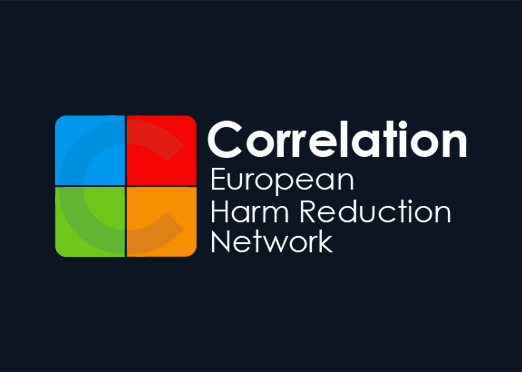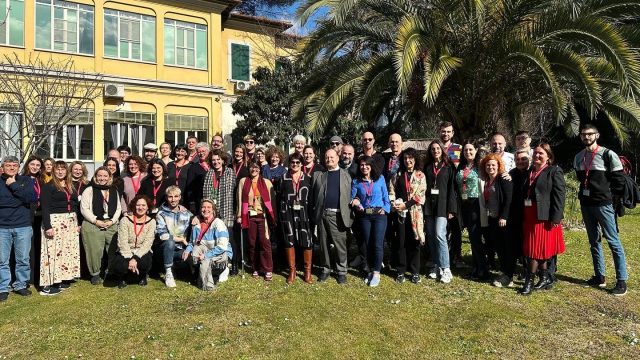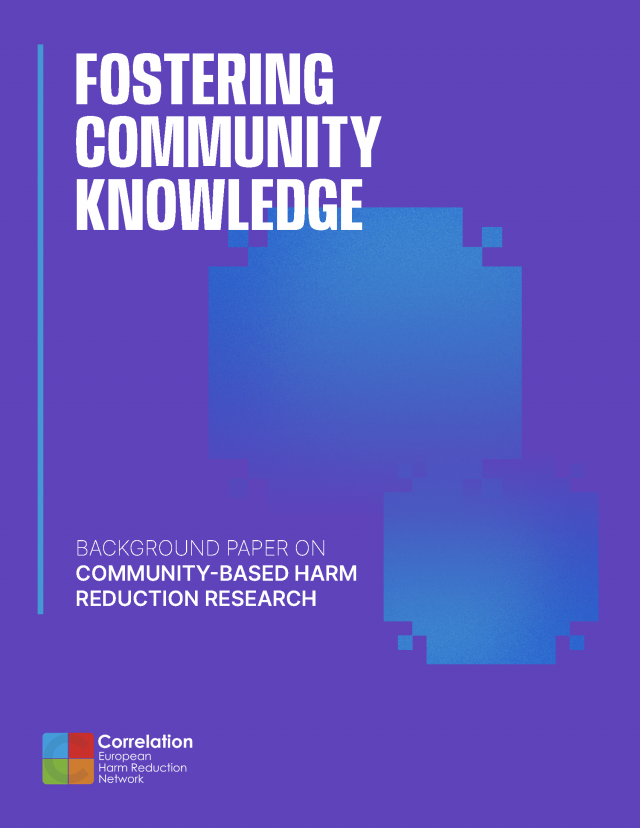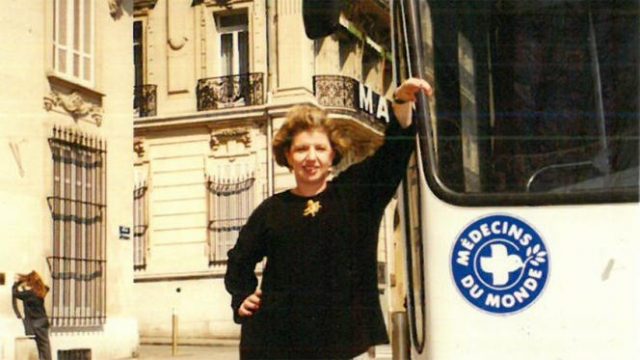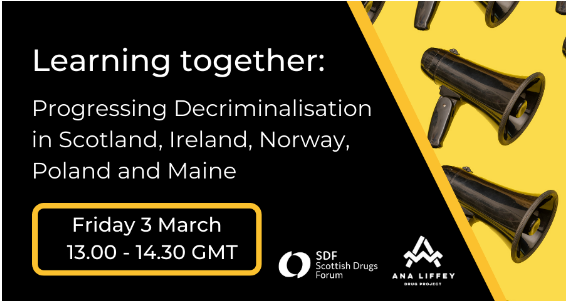Beatrice was a strong activist in harm reduction, a friend to many of us, and an exceptional professional. Psychiatrist and social activist at the same time, her profession was what she called a ‘doctor of the soul’. For many decades, she dedicated her life to making the world a more just and fairer world for the people she felt were left behind: the communities at the margins of society or forgotten in complex global conflicts.
Beatrice was a warm and compassionate person. Her career and professional life took place in Marseille and France, where she passionately advocated for better care services and humane drug policies. Beatrice was one of the leading figures in the French harm reduction and policy movement. In 2013 she was awarded a Legion d’Honeur.
Beatrice was always near and involved in many harm reduction actions: at the beginning of all the HIV/HR services, from the low threshold mobile needle exchange and methadone programs with Medecins du Monde, to the creation of the first people who use drugs organisation, ASUD (Auto-Support des Usagers de Drogues). Also, she was a universal activist at an international level who had been involved in many initiatives. From the very first needle exchange program bus in Russia, in Saint Petersburg in the mid-1990s, to her commitment to developing access to methadone in Myanmar, Marocco and other countries.
Breatiz left too early while actively pushing forward to open the long-awaited drug consumption room in her city. This remains a project for us to complete. We all – colleagues, physicians, patients, researchers, people who use drugs -, ‘a family’ to whom she dedicated all her life lost a hero. Yet, the fight continues.
She taught us never to give up. We will miss her.
Perrine Roux & John-Peter Kools
More information:
“Marseilles Bears a Heavy Stigma of Drug Trafficking and Use” – An Interview with Beatrice Stambul in Drug Reporter.
The death of Béatrice Stambul, psychiatrist and pioneer in harm reduction in News in France.
La Fédération Addiction rend hommage à Béatrice Stambul
